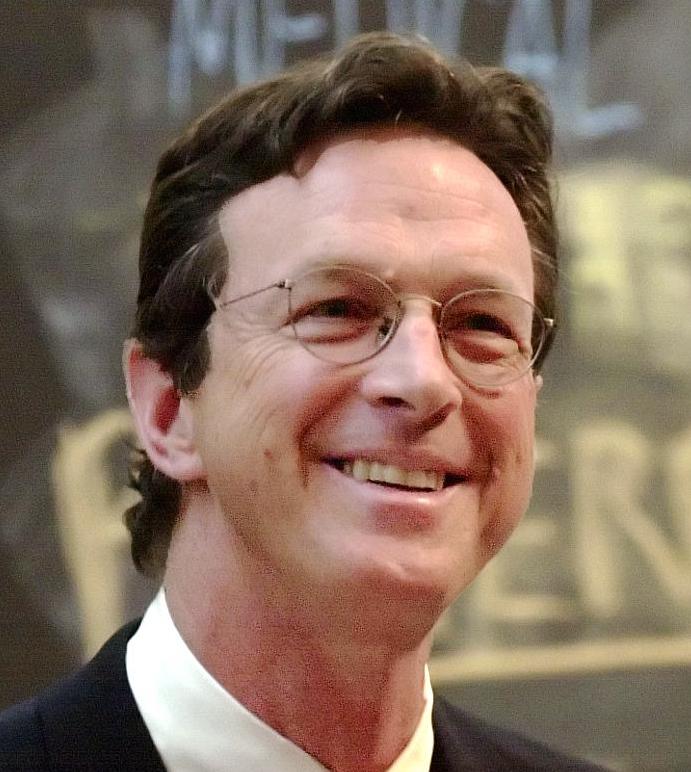 author
authorAmos Oz
Amos Oz was an Israeli writer, novelist, journalist, and intellectual. He was also a professor of Hebrew literature at the Ben-Gurion University of the Negev. From 1967 onwards, Oz was a prominent advocate of a two-state solution to the Israeli–Palestinian conflict. He was the author of 40 books, including novels, short story collections, children's books, and essays, and his work has been published in 45 languages, more than any other Israeli writer.
He received many honors and awards, including the Friedenspreis des Deutschen Buchhandels, the Legion of Honour of France, the Israel Prize, the Goethe Prize, the Prince of Asturias Award in Literature, the Heinrich Heine Prize, and the Franz Kafka Prize. Oz is regarded as one of "Israel's most prolific writers and respected intellectuals," as The New York Times worded it in an obituary.
Oz published his first book, Where the Jackals Howl, a collection of short stories, in 1965. His first novel, Another Place (published in the U.S. as Elsewhere, Perhaps), appeared in 1966. Subsequently, Oz averaged a book per year with the Histadrut press Am Oved. In 1988, Oz left Am Oved for the Keter Publishing House [de], which offered him an exclusive contract that granted him a fixed monthly salary regardless of output.
Oz became a primary figure in the Israeli "New Wave" movement in literature in the 1960s, a group that included A. B. Yehoshua, Amalia Kahana-Carmon, and Aharon Appelfeld. Oz published 40 books, among them 14 novels, five collections of stories and novellas, two children's books, and twelve books of articles and essays (as well as eight selections of essays that appeared in various languages), and about 450 articles and essays.
His works have been translated into 45 languages, more than any other Israeli writer. In 2007, a selection from the Chinese translation of A Tale of Love and Darkness was the first work of modern Hebrew literature to appear in an official Chinese textbook. The story "Esperanto" from the collection Between Friends was translated into Esperanto in 2015. Oz's political commentary and literary criticism have been published in the Histadrut newspaper Davar and Yedioth Ahronoth.
Translations of his essays have appeared in the New York Review of Books. The Ben-Gurion University of the Negev maintains an archive of his work. Oz tended to present protagonists in a realistic light with an ironic touch, while a somewhat critical tone accompanied his treatment of life in the kibbutz. Oz credited a 1959 translation of American writer Sherwood Anderson's short story collection Winesburg, Ohio, with his decision to "write about what was around me."
In A Tale of Love and Darkness, his memoir of coming of age in the midst of Israel's violent birth pangs, Oz credited Anderson's "modest book" with his own realization that "the written word... always revolves around the hand that is writing, wherever it happens to be writing: where you are in the center of the universe." In his 2004 essay "How to Cure a Fanatic" (later the title essay of a 2006 collection), Oz argues that the Israeli-Palestinian conflict is not a war of religion or cultures or traditions but rather a real estate dispute – one that will be resolved not by greater understanding, but by painful compromise.
Best author’s book





















